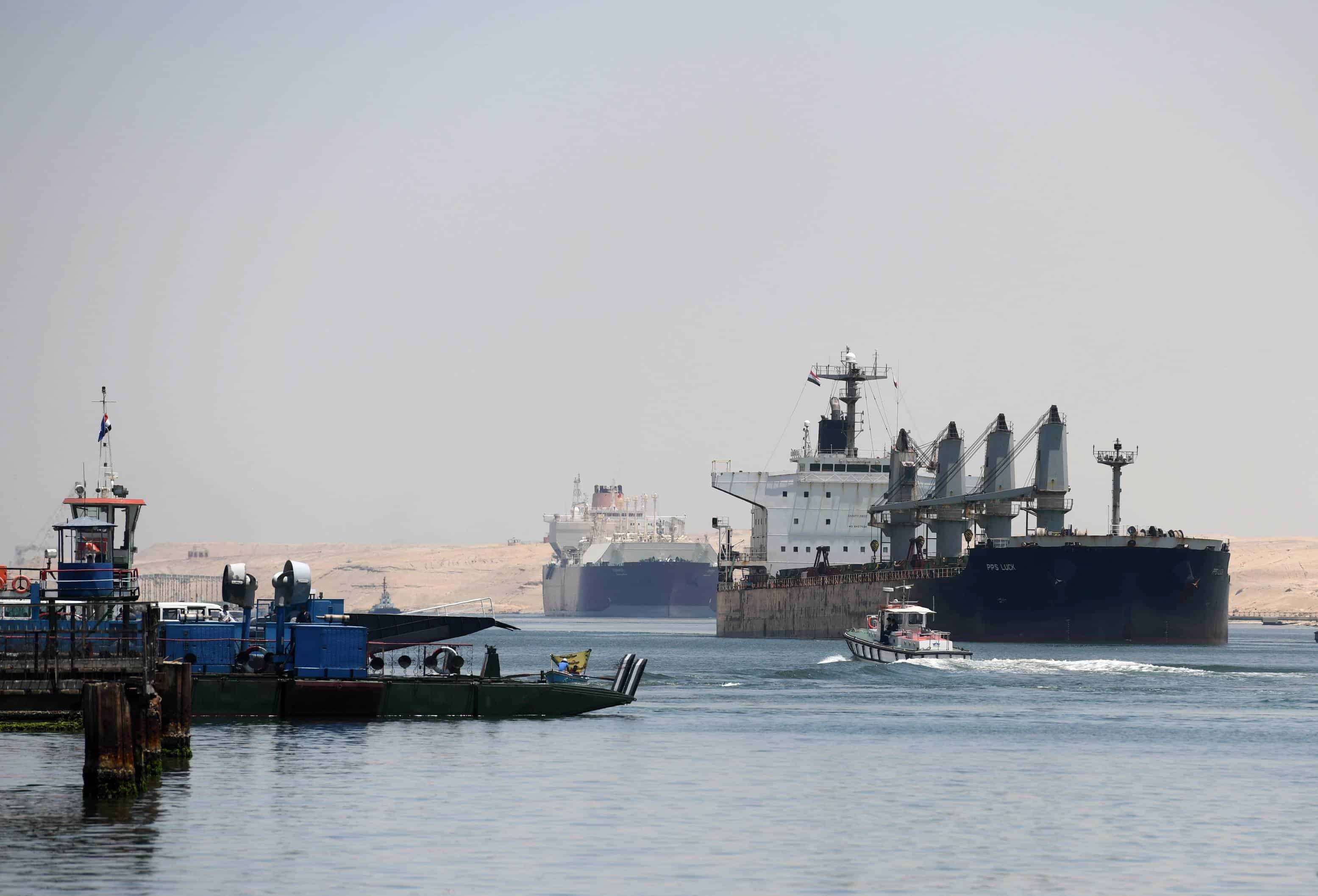Cairo, Egypt— Suez Canal Authority will make an investment of $550 million in the current fiscal year, according to Minister of Planning and Economic Development Hala Saeed.
This comes as the authority – which owns and operates the Suez Canal – is targeting to increase the production rates.
The revenue of Suez Canal increased in the third quarter of this year by 23.5 percent year-on-year to hit $2.1 billion — the highest figure ever recorded, the official data has revealed.
The increase is supported by the unprecedented jump in revenues during the month of August which hit a historical record of $744.8 million, according to a release from the Egyptian Prime Minister’s Information Center on Friday.
As many as 6,252 ships crossed the canal from July to September, with a total net payload of 372.7 million tons.
The authority expects the canal’s revenues to rise by about $700 million annually, as the transit fees for all types of ships will be increased by 15 percent by January 2023, the chairman and managing director told media.
“The size of the share that will be offered from the channel will range from 10 percent to 15 percent,” Osama Rabie said.
The decision to increase the transit fees was taken to deal with the impact of global inflation.
Currently, the Suez Canal is mainly responsible for receiving global massive ships and vessels while promoting trade flow, according to Saeed.







